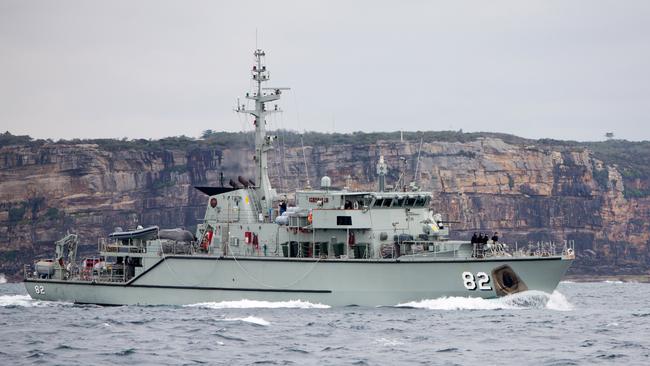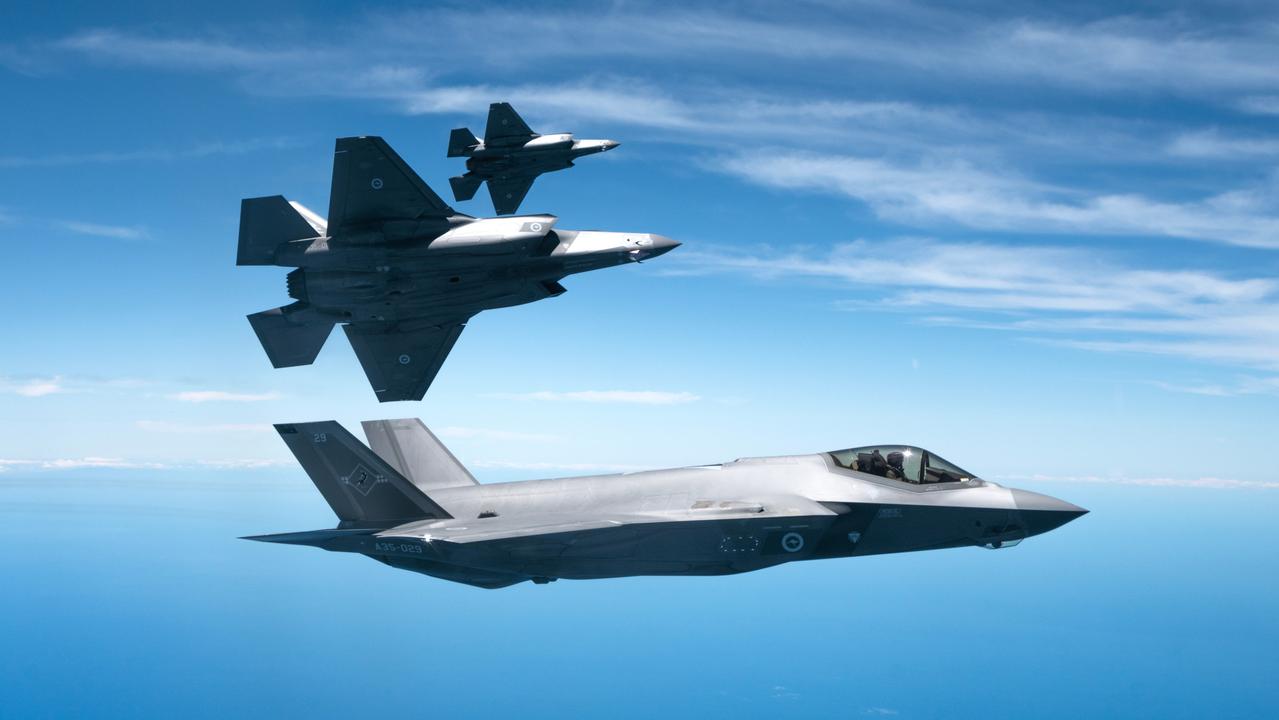Albanese Government cancels critical mine warfare program
The Albanese government has cancelled the RAN’s Mine Countermeasures and Military Survey project, SEA 1905, a program that would have played a critical role in safeguarding Australia’s sea lanes of communication and ports.

One of the surprises from the Albanese government’s Defence Integrated Investment Plan (IIP) released on April 17, was the cancellation of the Royal Australian Navy’s Mine Countermeasures and Military Survey project, SEA 1905.
SEA 1905 had been intended as a follow on to two earlier programs which are delivering a Rapid Environmental Assessment and Deployable Task Group Mine Countermeasures capability to the navy. It was to have made full use of the rapidly advancing technologies such as artificial intelligence, robotics and autonomous systems, and was intended to locate, classify and neutralise sea mines while keeping personnel clear of the danger zone.
The program was also expected to replace the navy’s four remaining Huon-class Minehunter Coastal (MHC) vessels, which are now being paid off without replacement.
Sea mines provide a threat to shipping many times greater than their cost to produce and it is important to note that about 80 per cent of the world’s trade travels by sea. Several NATO navies – including those of Britain, France, Belgium and the Netherlands – are still trying to clear the North Sea of mines and unexploded bombs from both WWI and WWII.
Despite the money and effort expended in more than six decades of mine clearance activities in the North Sea, the work shows no sign of slowing down.
The current conflict in Ukraine is also adding to the threats posed by mines to global shipping and the Black Sea will take years to render completely safe for maritime trade once again. Added to these significant problems is the asymmetric threat posed by rogue actors who are adept at quickly and cheaply producing simple explosive mines from 44-gallon drums.
And yet, the Albanese government has cancelled the very program that would have played a critical role in safeguarding Australia’s sea lanes of communication and ports.
In his speech at the National Press Club to launch the new IIP and the government’s National Defence Strategy (NDS), Defence Minister Richard Marles referred to the worsening strategic situation in the Indo-Pacific region and stressed the importance of maritime trade to Australia’s economy.
“In 1990 trade represented 32 per cent of our GDP. By 2020 that had risen to 45 per cent of our GDP. Most of this trade is with our region: China, Korea and Japan being three of our top five trading partners. The great bulk of it is by sea,” he said.
“We have key exposures. For example, at the beginning of this century we satisfied most of our liquid fuel needs by refining locally sourced crude oil in one of the eight oil refineries which then operated in Australia. Today there are just two refineries left. About 80 per cent of what they refine is imported crude oil.
“Today, about 85 per cent of our liquid fuel needs are supplied by imported refined product, most of it from just three countries – Korea, Singapore and Malaysia. We are literally dependent upon this sea line of communication.”
Prior to the release of the IIP, the announcement of a preferred bidder to supply the MCM capability under SEA 1905 was thought imminent. The competition had recently been narrowed to two companies – Exail and Saab Australia – after a bid from Thales Australia was eliminated. Both companies had not expected the cancellation and were informed by Defence only after the official launch of the IIP.
“The Albanese government today announced the cancellation of its third-generation mine warfare program SEA 1905,” Exail said in a brief statement on April 17. “This stop follows the Defence programs review that redefined the equipment priorities of the Australian Defence Forces to take into account budget constraints.”
Australia’s maritime trade routes and sea ports are now without protection and it appears there are no plans to change this in the foreseeable future.


